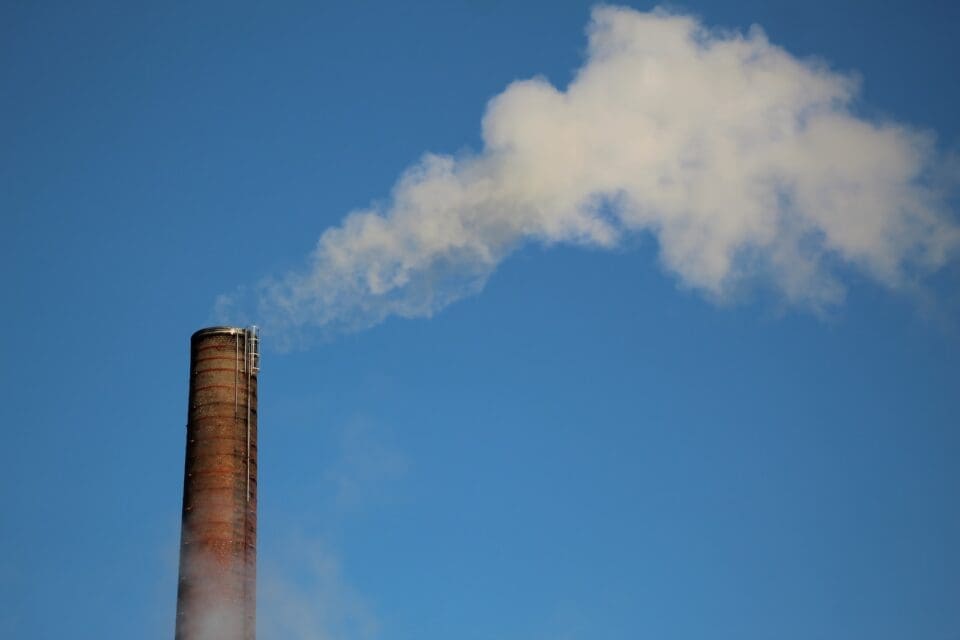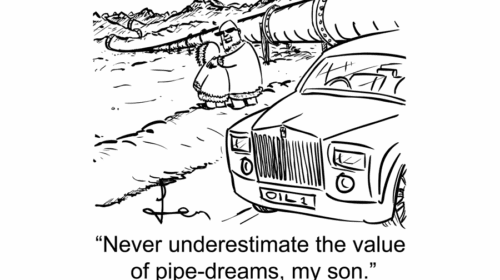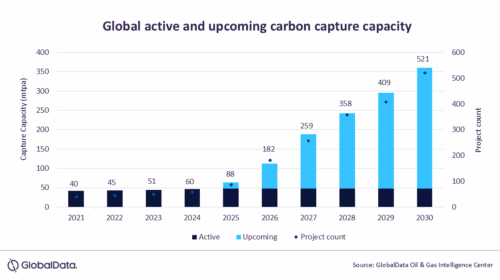Voluntary action underway to reduce emissions through technological innovation
HOUSTON – Today, the Energy Workforce and Technology Council released the following statement opposing the Administration’s recently released ruling on methane. The ruling was released during the ongoing climate talks in Dubai, United Arab Emirates.
“While Energy Workforce shares the Administration’s goal of lowering methane emissions, we believe yesterday’s final rule will serve as a new tax on American energy production at a time when this industry could not be more vital. The implementation of a new tax on the oil and gas industry will directly impact the ability of Americans to obtain energy to fulfill daily needs, increasing the cost of oil and natural gas prices and decreasing domestic energy security,” said Energy Workforce President Tim Tarpley. “As global energy demand continues to skyrocket in the face of instability overseas, overburdensome regulations are not the answer to reducing methane emissions, technology and industry led initiatives are.”
“Energy Workforce companies have utilized American ingenuity and innovation to create technologies that cut energy usage, reduce methane emissions, detect leaks, and streamline operations,” Tarpley continued. “As an industry, companies are already voluntarily working to rapidly reduce emissions through industry-led initiatives, making the production of oil and gas cleaner, safer, and more cost-effective than ever before.”
Technologies in place include comprehensive methane monitoring, comprised of real-time leak detection that includes the location and rate quantification so that operators can take immediate action to reduce greenhouse gas (GHG) emissions and save costs. Energy Workforce believes the most effective actions should incentivize the creation of these new technologies and streamline and make uniform the requirements under the rule while not creating overly burdensome federal regulations that serve as a tax on domestic energy production.
“We also continue to have concerns about the third-party emissions monitoring under the rule. The federal government has taken unprecedented steps to allow potentially biased third parties to gather data and report emissions to the EPA,” said Tarpley.
In February, Energy Workforce submitted comments to the EPA in consideration of the potential ruling.
Energy Workforce & Technology Council is the national trade association for the global energy technology and services sector, representing more than 645,000 U.S. jobs in the technology-driven energy value chain. Energy Workforce works to advance member policy priorities and empower the energy workforce of the future.
Oil and gas operations are commonly found in remote locations far from company headquarters. Now, it's possible to monitor pump operations, collate and analyze seismic data, and track employees around the world from almost anywhere. Whether employees are in the office or in the field, the internet and related applications enable a greater multidirectional flow of information – and control – than ever before.










